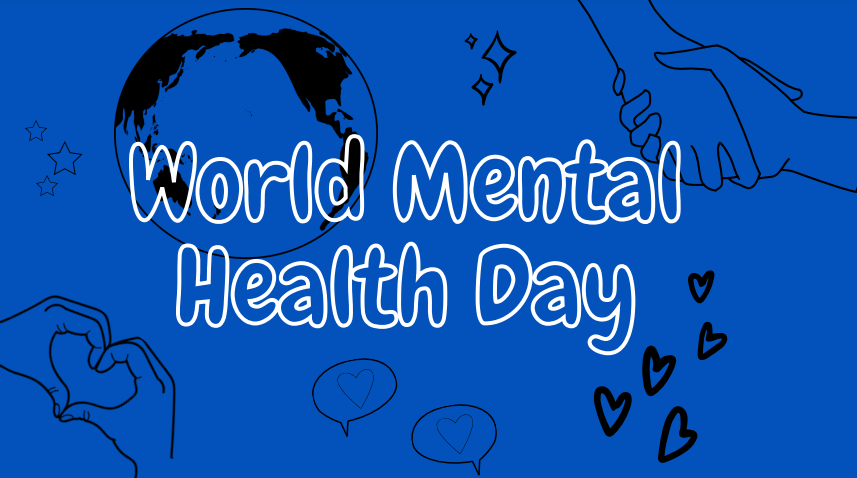

"What adolescence is about is by trial and error, honing a frontal cortex that is going to be more optimal by the time you're 25."
Prof. Robert Sapolsky
Early adolescence is a key time period for a young person’s development. Evidence suggests that outcomes for children and adults are strongly affected by experiences during adolescence. Throughout early adolescence the brain continues to grow it and begins a second period of synaptic pruning (the dying off of certain neurons and strengthening of others). The brain also begins to link itself up more efficiently in a process called myelination with the pre-frontal cortex (the part of the brain responsible for reasoning and decision making) continuing to grow and link up to the rest of the brain (you might think of this as the part of the brain we control directly slowly being given more responsibility for the other parts of the brain).
Dan Siegel a Professor in Child Development has a great video which can help to explain and visualise what is occurring at a neurobiological level.
Evidence has found that the peak onset for any mental health disorder occurs by age 14, but anxiety and impulse behaviours occurring around age 11. The reasons for this are complicated but in the simplest sense a young person’s brain is maturing and interacting with the environment. A young person’s brain is learning to manage itself which creates opportunities but also vulnerabilities it therefore make.
Unicef have also made a great video on the “the second window of opportunity” and covers why use or lose it is a key element in the brain development of adolescents.
Alongside these changes in the brain; early adolescent typically sees the onset of puberty, with young people’s bodies growing and changing rapidly. Some young people can find this anxiety provoking and mat start to notice the impact and role that bodies play in society.
These physiological and neurobiological changes are also only part of the picture. A young person entering secondary school has usually also just left a primary school in what is sometimes the first major transition or change they have experienced so far in life. This leads to the possibility of being separated from friends and original support networks they may have relied on once. They will also acquire a sense of the self and become much more conscious of others, many with look to their peers to define themselves and seek to be a part of a group identity. Parallel to this the importance of schooling gets progressively more established with grades and achievement also often internalised as self-defining obstacles to traverse.
When we look at all of these factors together it is not hard to see why adolescence is when we tend to start seeing more established “adult-like” mental health disorders. This is key time for teachers to be aware of the emergence of more serious conditions like psychosis or eating disorders and understand how to assess and refer to service early in the course of any emerging illness. Thankfully evidence also shows that catching problems early during adolescence can greatly improve outcomes young people begin building the capacity to manage their internal worlds themselves so with a bit of help and support they cannot just survive but thrive throughout this period.
( resources found)


























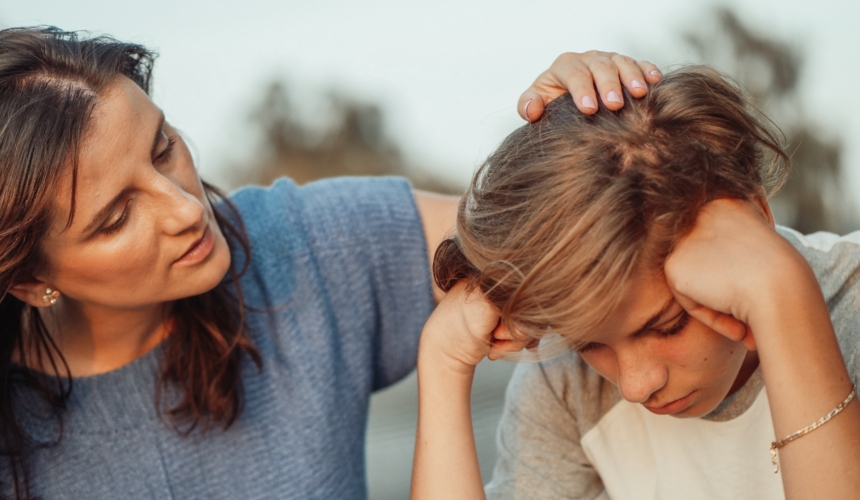







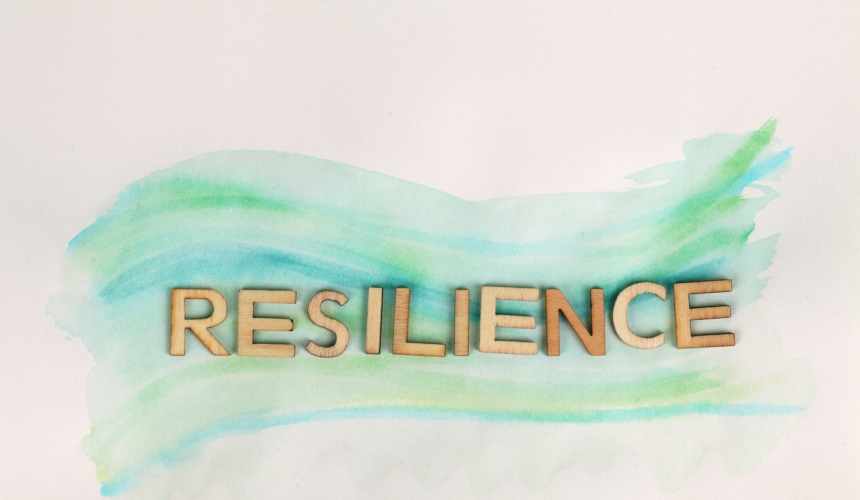










































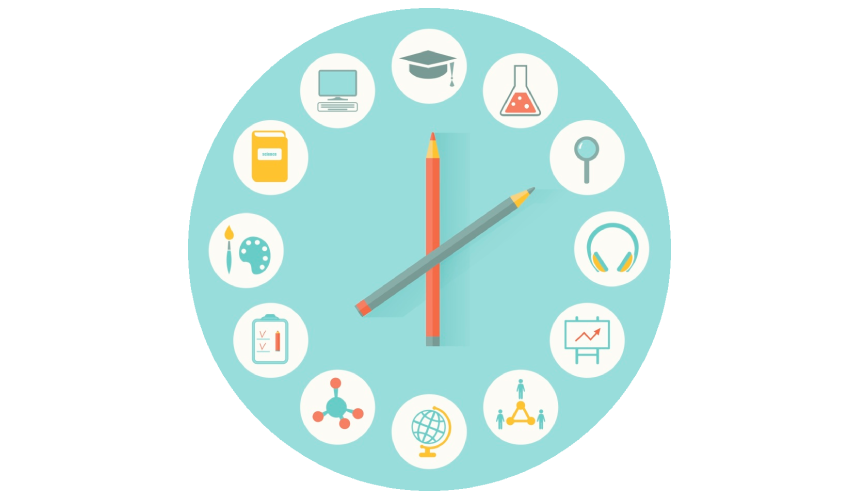
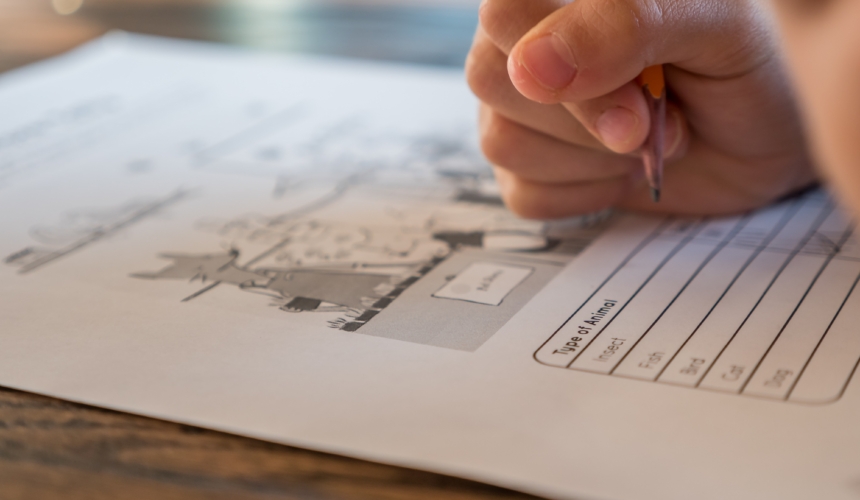
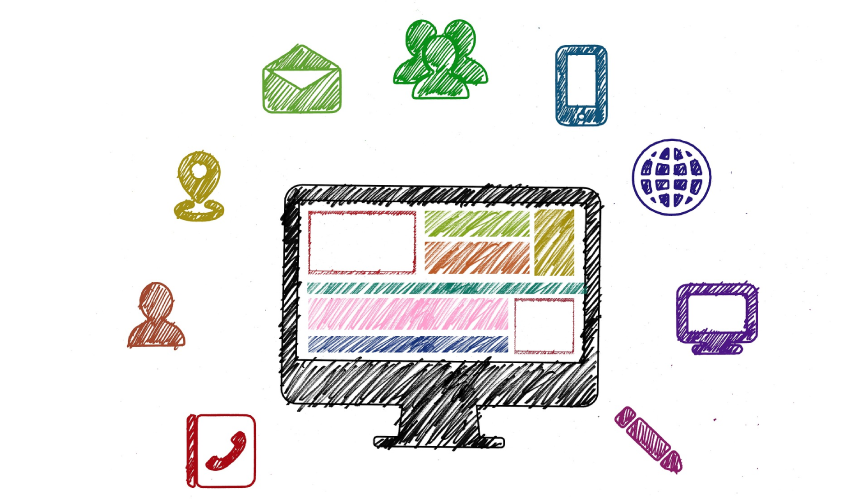







































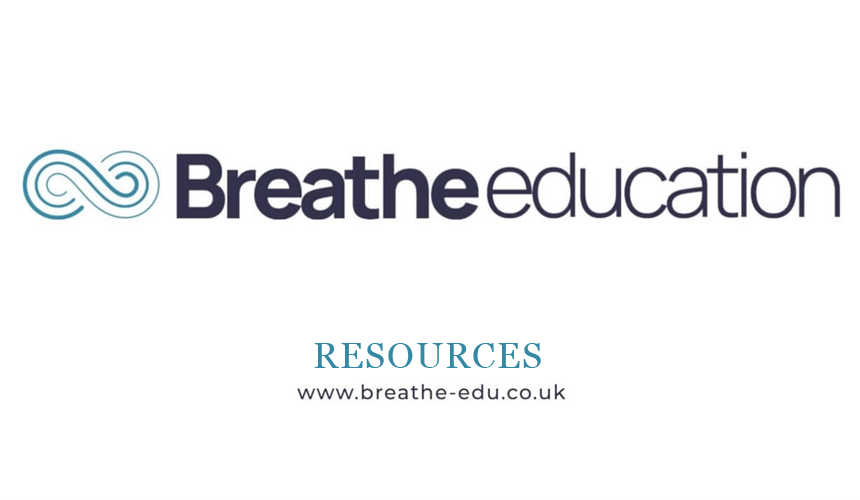










How useful was this info?
Click on a star to rate it!
![]()
© Copyright Breathe 2020- 2024
Terms and Conditions | Privacy Policy
supporters & partners 



![]()
